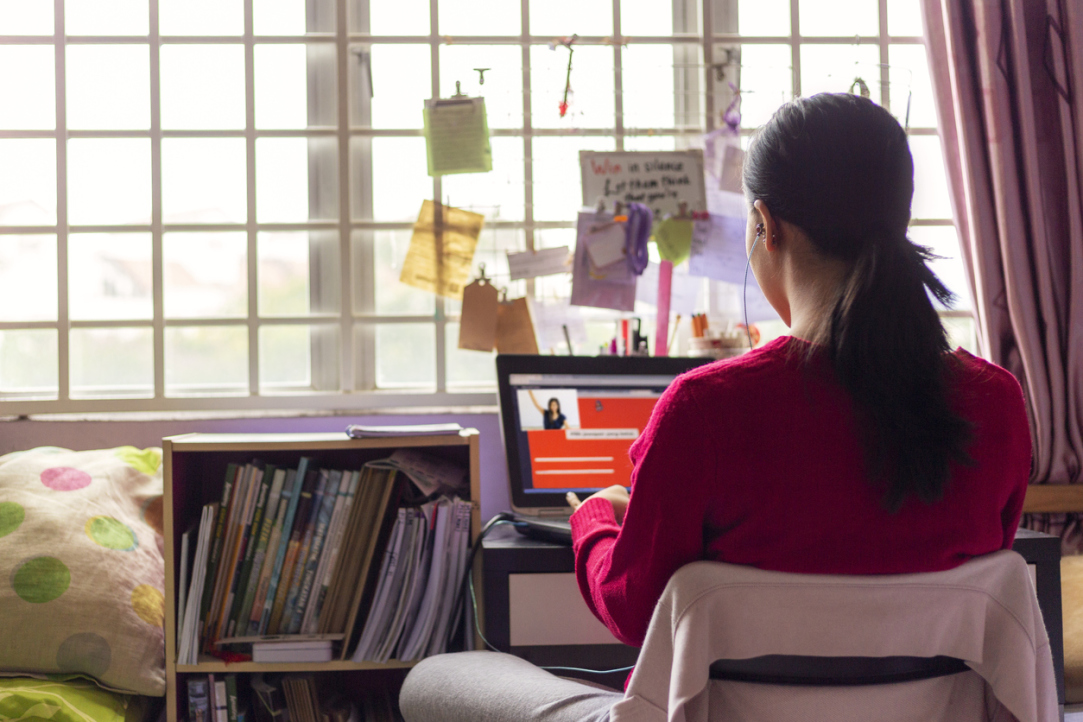
Online Platforms Prove to Be Effective in Helping People in Russia Who Use Drugs
The pandemic has increased opportunities to reduce harm resulting from drug use. Against the backdrop of quarantine measures in Russia, an increase in the active development of work through online platforms with people who use drugs has begun. The available results have already demonstrated their effectiveness.

No Illusion, No Fear: How Carcinophobia, Popular Myths and Poor Doctor-patient Communication Hinder the Fight against Cancer in Russia
Cancer is a disease surrounded by myths. Misinformation can lead to disastrous consequences when people wait too long to get screened and learn their diagnosis only at an advanced stage, facing a shortened healthy lifespan and an early death. Therefore, screening for prevention and early diagnosis of cancer should become a routine practice, according to participants of the roundtable 'From Carcinophobia to Oncology Awareness' held by the HSE Project Team 'Oncology and agency deficits: Russians' autonomous self-care practices in the context of a crisis in biomedicine'.

Choosing to Study in Russia: Why Do International Students Choose Russian Universities?
Most international students in Russia come from CIS countries, or former Soviet republics in Central Asia, the Caucasus, and Eastern Europe. The preserved social and cultural links promote this, as well as students’ good command of Russian. Students from outside the former Soviet Union come to Russia primarily due to economic reasons and the strong reputation of Russia’s leading universities. At the same time, however, they often see Russia as an unsafe country and consider it a backup plan.

Planning for Babies: How Many Children Russian Families Would Like to Have
Over the past quarter-century, the socially accepted reproductive norm has hardly changed in Russia: most people still believe that two children per family is the ideal. The reality, however, is more diverse, and both largeand childfree families are increasingly commonplace. A new study by HSE demographers looks at changes in public opinion in Russia between 1995 and 2019 concerning the optimal number of children in the family.

Almost Half of Russians Suffer from Loneliness
In Russia, 43.1% of the adult population experiences loneliness. This share is comprised mostly of older people, but quite often young people as well. At each age, loneliness is experienced in its own way, and at certain times it becomes especially painful.

This Is Robot Speaking: A Social Scientist’s Perspective on Human-Robot Interaction
Whether we like it or not, talking with a robot on the phone is now part of our everyday lives. What is the right way to respond to a mechanical voice, who should we blame when communication fails, and could AI make an ideal conversationalist? HSE sociologist Alisa Maksimova answers these questions and more, based on findings from her study of interactions between humans and robots presented in the book Adventures in Technology: Barriers to Digitalisation in Russia.

A Weak Foundation: How Secondary Education Affects University Dropout Rates
Right now university students are taking their fall semester final exams. For various reasons, some students drop out. This is especially the case in advanced fields of study such as engineering. Researchers from HSE University’s Institute of Education Evgenia Shmeleva and Isak Froumin have published a paper on the decisive factors that cause students to abandon their university education.

‘Students Lack the Ability to Organise Themselves’
Russian students are not particularly independent or self-disciplined. A recent study shows that this has been one of the problems with the transition to remote learning. Researchers presented their findings at the Sociology of Online Learning session of the international eSTARS conference held at the Higher School of Economics in partnership with the Coursera global platform. In an interview, Ulyana Zakharova — session moderator and research fellow at the HSE Centre of Sociology of Higher Education’s Institute of Education — told IQ how students develop their character, teachers stop being translators and remote learning tests everyone’s abilities.

‘ Regulatory Restrictions Result in Hybrid Master’s Degrees That Are Like a Cross between a Rhino and an Elephant ’
The COVID-19 epidemic has clearly shown how important digital competencies are for students — both in their studies and in everyday life. Master’s degree students, many of whom combine work with study, can give a detailed account of which IT skills employers expect. The question is how to teach those competencies and how a ‘digitalised’ master’s degree should look. HSE Institute of Education Research Fellow Daria Shcheglova discussed this question with IQ at the Digital Transformation in Higher Education — Modern Trends session of the eSTAR Conference that HSE University hosted in partnership with the Coursera global platform.
.jpg)
Key Takeaways of eSTARS: Higher Digital Education
Students need digital skills, both in life and in their future work. But many universities are not yet ready to provide students with them, despite the current circumstances in which universities have had to transition to online learning due to the COVID-19 epidemic. The development of online formats has been uneven: there are bright leaders and the rest modestly ‘stand aside’. They lack resources, confidence in digital education, and a regulatory framework. At the eSTARS International Conference organised by HSE University in partnership with Coursera, experts discussed the challenges of digitalisation in higher education.

